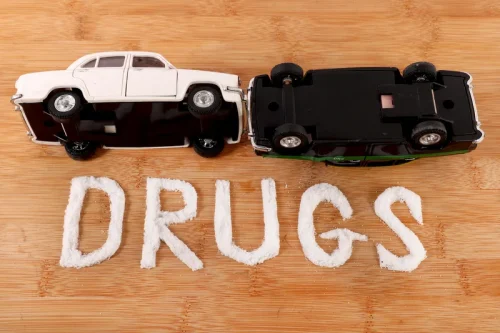
By Buddy TBuddy T is a writer and founding member of the Online Al-Anon Outreach Committee with decades of experience writing about alcoholism. Because he is a member of a support group that stresses the importance of anonymity at the public level, he does not use his photograph or his real name on this website. In “case management,” a professional may work with you one-on-one. Outpatient programs make it possible for you to get treatment during the day and still live at home. The most well-known support group is Alcoholics Anonymous, but there are many other 12-step programs.
- This pattern is often repeated, and you may notice that they go through periods where they drink heavily and then make an attempt to quit.
- An alcoholic in denial may become extremely manipulative, tearful, angry or hostile when faced with the need for alcohol treatment.
- This is because they only feel the negative effects of alcohol when they stop drinking.
- If you or a loved one is struggling with AUD, make an appointment with a primary care provider such as a medical doctor or nurse practitioner.
- Certain factors may increase your risk of developing an alcohol problem.
Support for People With Alcoholism
Whether you have an alcoholic spouse, partner or other loved one, you may be wondering how to help. High-functioning alcoholics can benefit from having an at-home support system before, high functioning alcoholic during and after any form of treatment for their addiction. There are hundreds of resources all over the country designed to address the issue of alcohol abuse and addiction.

Drinking Alone, Secretly, or at Unconventional Times
- These numbers do not include people who have died in alcohol-related accidents or violence, so the overall number is likely much higher.
- With our help, patients don’t only appear to function normally, but feel and experience life to its greatest potential as a sober and recovering individual.
- “For starters, the media, our workplaces, and many social circles normalize drinking to excess,” says Ruby Mehta, a clinical social worker and director of clinical operations at Tempest.
In many cases, AUD increases the chances of having a co-occurring mental health condition. For example, AUD may triple your chances of experiencing major depressive disorder (MDD). The intoxication and withdrawal cycle can also cause MDD and other mental health concerns. But in 1956, the AMA officially designated alcoholism as a disease, meaning people should be hospitalized and treated for the condition. The AMA emphasized that in the case of alcoholism (as opposed to intoxication), the person did not have control over their alcohol use. In addition to being a diagnosable mental health condition, AUD is also a medical disease.

What Types of Responsibilities can a High-Functioning Alcoholic Maintain?
If you are living with a high-functioning alcoholic, you may be more likely than someone living outside of the household to notice their seemingly benign drinking habits. Consider having an open and honest discussion with your loved one about their alcohol use and encourage them to discuss it with a counselor or their primary care doctor. If the consequences of high-functioning alcoholism have become overwhelming, and your loved one refuses to seek help for alcohol abuse, it could be time to plan an intervention.
- It should not be used in place of the advice of your physician or other qualified healthcare providers.
- An alcoholic who is in “recovery” is essentially in remission from alcoholism.
- Late-stage, or end-stage alcoholism, is a full-blown addiction to alcohol, often with damaging physical and mental health effects.
- There are effective ways to treat this disease and steps you can take to help a loved one enter recovery.

There are empathetic, actionable ways to support someone with an alcohol use disorder (AUD) who may be stuck in denial. When a loved one has a drinking problem, it’s hard to know how to help, especially if they are in denial. One of the symptoms of an alcohol problem or Alcohol Use Disorder is when individuals make “rules” around their drinking. Mental health conditions cause distress or setbacks socially, at work, and in other meaningful activities. However, certain food groups also have benefits when it comes to helping with the discomfort of withdrawal symptoms and detoxification. While their appearance may not be any different and they can still fulfill their responsibilities, you’ll start to see a pattern develop of turning to alcohol to cope with family, work or personal issues.

Denial of an Alcohol Use Disorder

